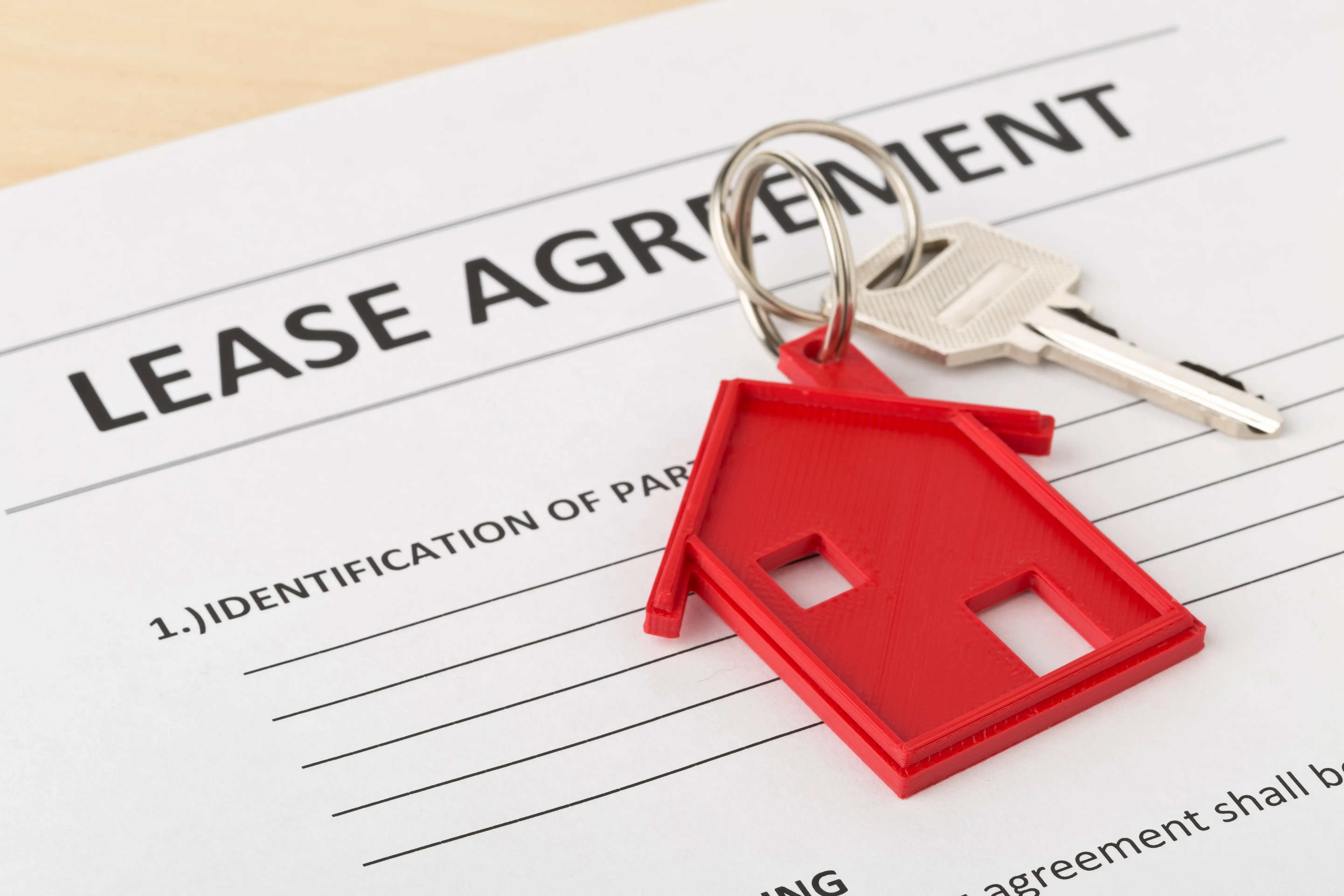The Section 8 Housing Choice Voucher Program is administered by the U.S. Department of Housing and Urban Development (HUD). It assists low-income individuals and families afford rental housing by providing rental assistance. For landlords participating in the housing assistance program, understanding how Section 8 determines if rent is reasonable is crucial.
The rental analysis process is designed to ensure that rent levels are fair both for tenants and taxpayers, while also aligning with market conditions.
Here are the factors used to determine fair market rent under the Section 8 mandate in Richmond, VA.
Location
The location of a rental property significantly affects rent values. Properties located in desirable neighborhoods, near schools, public transportation, and amenities, tend to command higher rents. Section 8 will compare the rent of a unit to other similar units in the same geographic area to ensure fairness.
Size and Type of Unit
The size of the unit, in terms of the number of bedrooms and square footage, plays a critical role in the rent evaluation process. Larger units or properties that offer more living space will generally be priced higher than smaller units. Additionally, the type of housing-whether it's an apartment, duplex, or single-family home-is also a factor.
Condition and Quality of the Unit
The overall condition of the unit, including its age, upkeep, and any recent renovations, influences rent reasonableness. A well-maintained unit with modern appliances, updated features, and good structural condition can justify a higher rent. Conversely, units in poor condition or with outdated features may not warrant a higher rent.
Amenities and Utilities
Section 8 considers the amenities provided by the landlord, such as on-site laundry, parking, or security systems. Access to these features can make a unit more desirable, which can affect the rent. The program also factors in whether utilities such as water, gas, or electricity are included in the rent, as this impacts the tenant's overall cost of living.
Comparable Market Rentals
Perhaps the most critical aspect of determining rent reasonableness is comparing the proposed rent to other similar, unassisted units in the local market. HUD requires public housing authorities (PHAs) to maintain a database of comparable rental units, known as "comps," to assess whether the rent being charged aligns with what other landlords in the area are charging for similar properties.
The comparison focuses on factors like:
- Location
- Unit size
- Condition
- Amenities
The Rent Reasonableness Process
Once a landlord submits a proposed rent amount, the PHA conducts a rent reasonableness test. Typically, the housing authority will:
- Gather information about the unit, including size, condition, and amenities.
- Search for similar, unassisted units in the same market area.
- Compare the rent charged for the unit against those comparable properties.
If the proposed rent is found to be reasonable, the PHA will approve it.
Section 8 Application Tips to Get Approved Faster
If you are trying to get a property approved for the Section 8 Housing Choice Voucher Program, you have to jump through a few hoops to make that happen. Need help in this regard?
Renters Warehouse is a top Richmond full-service property management company that ensures less stress for you and more profits in your pocket. Contact us to learn more about our services.





